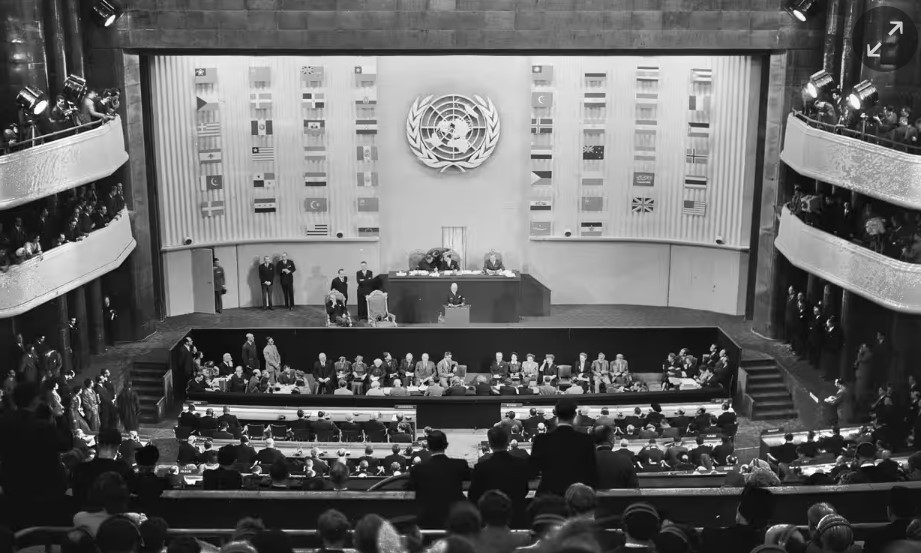 |
| The United Nations General Assembly adopted the Universal Declaration of Human Rights at the Palais de Chaillot, Paris, France on December 10, 1948. (Source: AFP/Getty Images) |
In 2023, Vietnam and the international community will celebrate the 75th anniversary of the United Nations General Assembly's adoption of the 1948 Universal Declaration of Human Rights (Declaration) and the 30th anniversary of the World Conference on Human Rights' adoption of the Vienna Declaration and Programme of Action, proposed by Vietnam and adopted by the UN Human Rights Council.
This is a momentous event, marking a new turning point in the international community's common commitment to the cause of promoting and protecting human rights globally; affirming the enduring value of these two important international documents at the contemporary and cross-century level.
The contemporary value of the Declaration
When studying the ideological history of human rights, associated with the history of the struggle of the world's people from ancient times to modern times today, it is impossible to deny the contemporary and cross-century values of the Declaration in the following aspects:
Firstly, from ideal human rights to practical human rights, the Declaration has transcended all cultural differences, becoming a global universal value.
The idea of human rights has a very long history, associated with the history of the struggle against brutality, injustice, inequality and together towards the values of justice, freedom, equality and human rights.
However, human rights standards were only established globally when a historical impetus appeared, which were the First World War (1914-1918) and Second World War (1939-1945) in the 20th century, as expressed in the preamble of the UN Charter, that "war has twice in our lifetime caused untold suffering to mankind", so to prevent war - the biggest perpetrator of encroachment and trampling on human rights, the international community together established the United Nations - an international organization responsible for maintaining peace , security and protecting human rights.
And just one year after the UN was founded, the Human Rights Commission was established (in 1946) and three years later an international document on human rights was drafted and adopted by the UN General Assembly, which was the Universal Declaration of Human Rights in 1948.
Transcending all cultural differences, the Declaration affirms: All human beings are born free and equal in dignity and rights. They are endowed with reason and conscience and should act towards one another in a spirit of brotherhood (Article 1).
Equality and non-discrimination have become the consistent principles, guiding principles for all provisions of the Declaration and international human rights law, and are one of the principles/characteristics of human rights according to the common understanding of the international community today .
Human rights have thus developed in the flow of history, from an idea to a reality, from appearing in the humanitarian tradition of each individual nation and people, now humanitarianism has become human rights, and the language of human rights that only existed within a class with the same interests, or a certain group of people, has now become human rights for everyone.
That is a great achievement in the history of the struggle of progressive people all over the world, and the Declaration is a brilliant milestone - marking those great achievements.
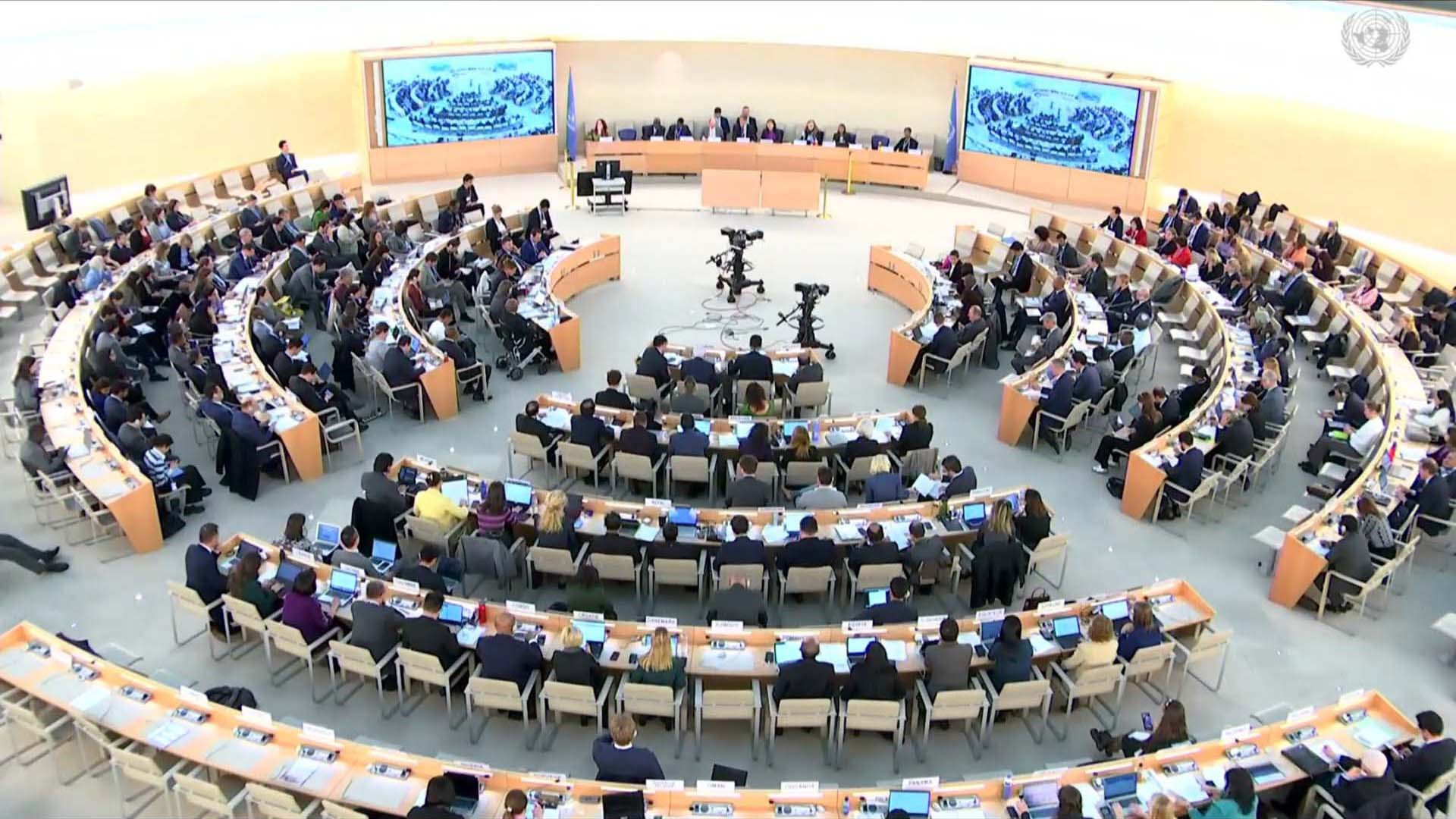 |
| The United Nations Human Rights Council adopted a resolution proposed and drafted by Vietnam on the 75th anniversary of the Universal Declaration of Human Rights and the 30th anniversary of the Vienna Declaration and Programme of Action. (Source: UN) |
Second, the Declaration is an immortal document of political and legal commitments - creating the foundation for building global international standards on human rights.
Together with the preamble and 30 articles listing human rights and fundamental freedoms, establishing the responsibility of committed nations to work together with the UN to promote universal respect for and observance of human rights and fundamental freedoms. The Declaration became the first specialized document in modern history at that time, not only a moral and political commitment but also a legal document for nations.
However, because it is a document with recommendatory value, it requires a document with higher legal value and effect, and the need to concretize and develop the ideas and principles in the Declaration through specific international treaties, in each field and with mandatory legal value for member countries, has begun to become a common concern of the international community.
The fundamental rights and freedoms listed in the Declaration were developed and formulated by the UN Human Rights Commission into two separate covenants, the International Covenant on Civil and Political Rights and the International Covenant on Economic, Social and Cultural Rights. Both were adopted by the UN General Assembly on December 16, 1966.
Currently, the Universal Declaration of Human Rights of 1948, two international covenants on civil and political rights and on economic, social and cultural rights of 1966 are identified by the international community as the International Bill of Human Rights.
On the basis of this Code, the United Nations has developed and adopted hundreds of international documents to protect human rights in specific areas of social life such as protection against discrimination; protection of women's rights; children's rights; human rights in judicial administration; freedom of information; freedom of association; employment; marriage, family and youth; social welfare; progress and development; the right to enjoy culture, development and international cultural cooperation; issues of nationality, statelessness, residence and refugees; on the prohibition of torture, cruel, inhuman and degrading treatment; protection of the rights of migrant workers and their family members; protection of the rights of people with disabilities; protection of those who have been forced to disappear; rights of indigenous peoples and ethnic groups...
Third, the Declaration is a common yardstick for assessing the level of human rights implementation in each country and on a global scale.
In the preamble to the Declaration, the UN General Assembly affirmed: “This Universal Declaration of Human Rights shall constitute a common standard of achievement for all peoples and all nations, and for all individuals and organs of society, keeping this Declaration constantly in mind, to strive by teaching and education to promote respect for these rights and fundamental freedoms and by progressive measures, national and international, to promote their universal and effective recognition and observance, both among the peoples of their own country and among the peoples of territories under their jurisdiction.”
International standards on human rights, there are currently hundreds of documents, but the most important and often cited to assess the level of implementation and enjoyment of human rights in a country or region is the Universal Declaration of Human Rights.
Fourth, the Declaration is also a reminder and admonition to future generations to have the responsibility to cooperate together, prevent cruelty, restrain and eliminate war because it is the greatest perpetrator of human rights violations.
Within each country, the ethical and humanistic values in the Declaration are also expressed in teaching people, especially those in power, to whom the law of each country gives them only as representatives and servants, to always be aware that the power they are using comes from their own people, as the opening words of the Declaration remember, "It is essential that human rights be protected by the rule of law, so that people are not forced to have recourse, as a last resort, to rebellion against tyranny and oppression."
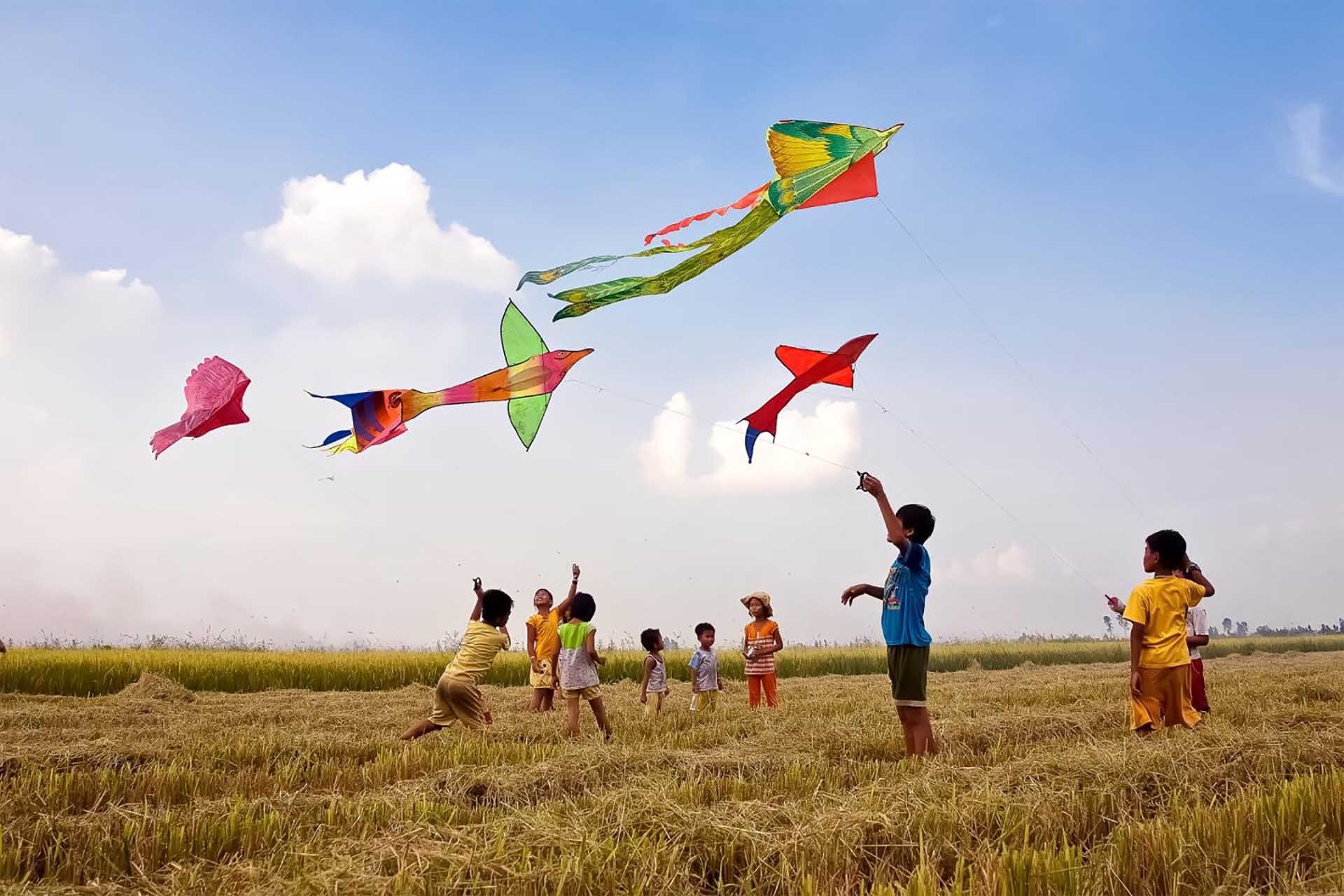 |
| Vietnam has always participated responsibly and made active contributions to the protection of human rights, especially those of women and children. (Source: UNICEF) |
Perfecting the mechanism to ensure and protect human rights and civil rights in Vietnam
Up to now, after nearly 40 years of implementing the Renovation process, the Vietnamese State has built a legal system to regulate social relations, focusing on building relatively comprehensive human rights laws, suitable to the country's development practices and gradually compatible with international regulations on human rights.
On the basis of international standards and from the specific conditions of the country, build and perfect the legal system to create the most important legal basis for all activities of the State, civil servants and public employees in respecting, ensuring and protecting human rights.
In the light of the Party's resolutions and the State's legal policies, human rights in civil, political, economic, cultural, social fields and the rights of vulnerable social groups have achieved many important results in all civil, political, economic, social and cultural fields; the protection of the rights of vulnerable groups has been strengthened, guaranteed and protected in the process of implementing policies and laws.
In the field of implementing economic, social and cultural rights: Looking at the overall picture, the lives of the majority of Vietnamese people have clearly improved with continuous improvement of important human-related indicators such as the human development index (HDI) (Vietnam currently ranks 115/191 countries), gender inequality index (GII), average life expectancy per capita, average income per capita...
Vietnam is also one of the countries that completed the UN Millennium Development Goals (MDGs) early. According to the 2020 UN ranking on SDG implementation, Vietnam ranked 51st out of 193 UN member states, achieving higher results than many countries in the region.
Ensuring the rights of vulnerable social groups, such as women, children, the poor, the elderly, the disabled, ethnic minorities, people with HIV/AIDS, etc. always occupies an important position in the process of implementing the Party's viewpoints and policies and the State's policies and laws.
In the new development stage, implementing the Party's policies and viewpoints identified at the 11th Party Congress is "People are the center of the development strategy and at the same time the subject of development"1 and the 13th Party Congress determined "People are the center and subject of the renovation, construction and protection of the Fatherland; all policies and strategies must truly originate from the lives, aspirations, rights and legitimate interests of the people, taking the happiness and prosperity of the people as the goal to strive for"2. The Party considers respecting, ensuring and protecting human rights as essential to building a socialist-oriented market economy; building a socialist rule-of-law state and socialist democracy.
With the role, mission and responsibility of the rule of law State of respecting, ensuring and protecting human rights, the 13th Party Central Committee, at the 6th Conference, passed Resolution No. 27-NQ/TW dated November 9, 2022 on continuing to build and perfect the socialist rule of law State in the new period, identifying the general goal of upholding the Constitution and law, respecting, ensuring and effectively protecting human rights and citizens' rights and the specific goal by 2030, basically perfecting the mechanisms to ensure the people's right to mastery, ensuring and protecting human rights and citizens' rights3.
These are important orientations, viewpoints and visions for recognizing, respecting, ensuring and protecting human rights in the process of building and perfecting a truly socialist rule-of-law state of the people, by the people and for the people in the new period.
1 Communist Party of Vietnam: Documents of the 11th National Congress of Delegates, National Political Publishing House. H.2016, page 76.
2 Communist Party of Vietnam: Documents of the 13th National Congress of Delegates, National Political Publishing House Truth, H.2021, p.28.
3 Ho Chi Minh National Academy of Politics (2023), Party and government documents on human rights, Selection and citation - reference book, Political Theory Publishing House, page 144.
Source


![[Photo] Panorama of the 2025 Community Action Awards Final Round](https://vphoto.vietnam.vn/thumb/1200x675/vietnam/resource/IMAGE/2025/11/15/1763206932975_chi-7868-jpg.webp)
![[Photo] Prime Minister Pham Minh Chinh meets with representatives of outstanding teachers](https://vphoto.vietnam.vn/thumb/1200x675/vietnam/resource/IMAGE/2025/11/15/1763215934276_dsc-0578-jpg.webp)
![[Photo] General Secretary To Lam receives Vice President of Luxshare-ICT Group (China)](https://vphoto.vietnam.vn/thumb/1200x675/vietnam/resource/IMAGE/2025/11/15/1763211137119_a1-bnd-7809-8939-jpg.webp)



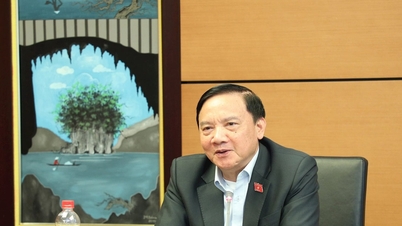

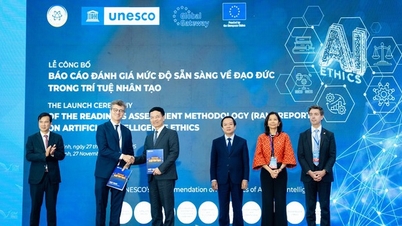

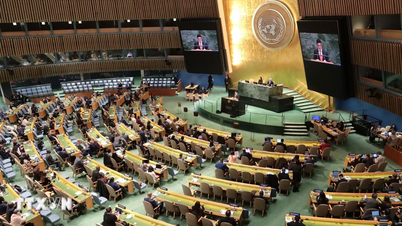

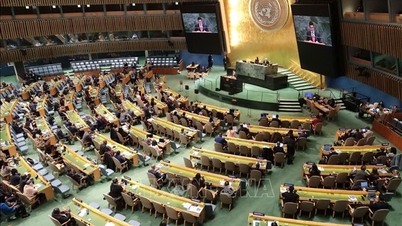

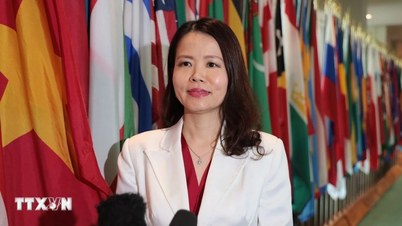
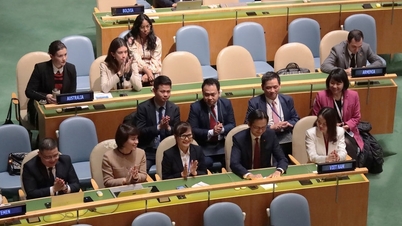

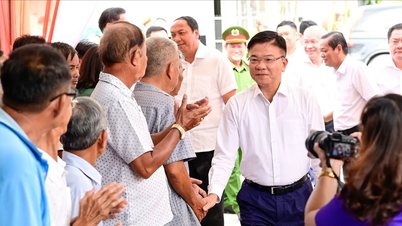

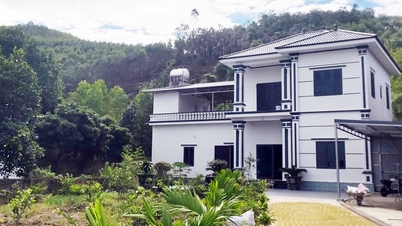

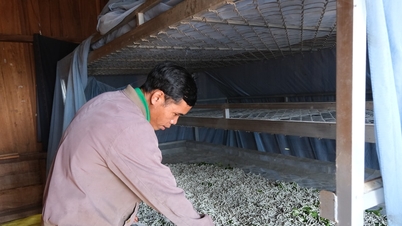

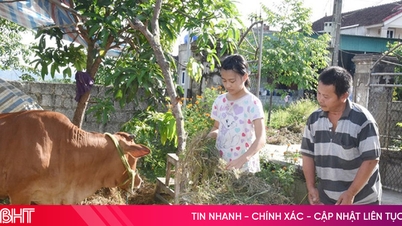

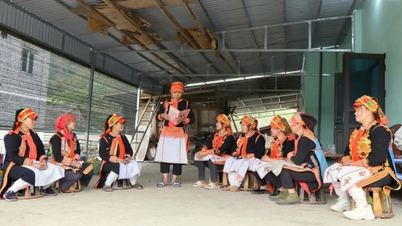







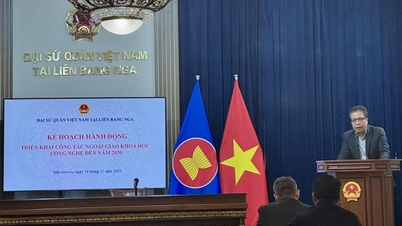
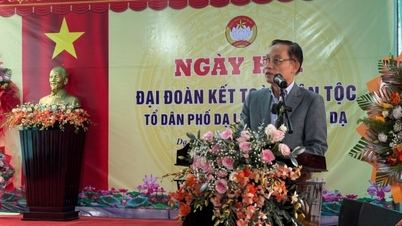
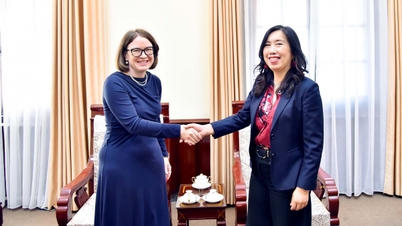
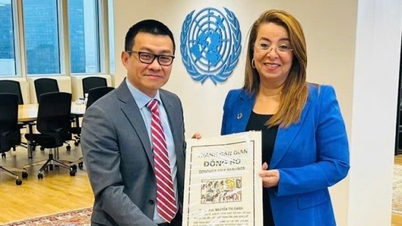
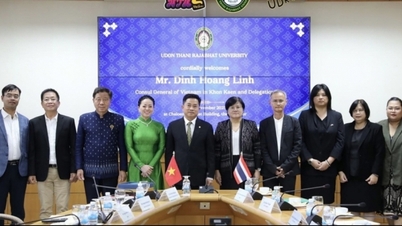




































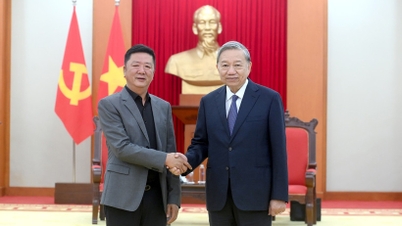

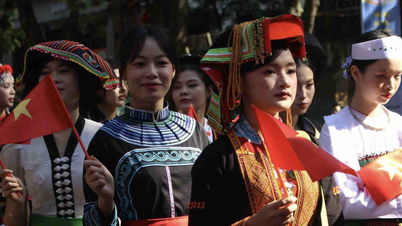

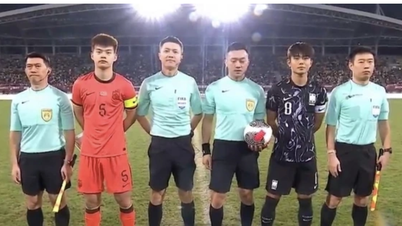



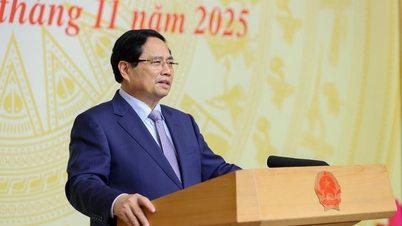
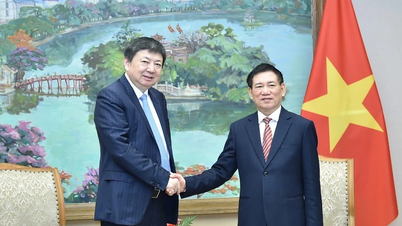




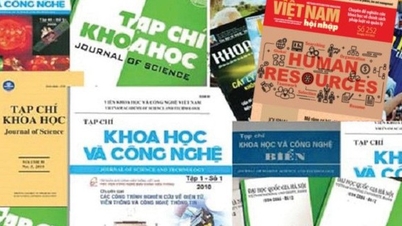
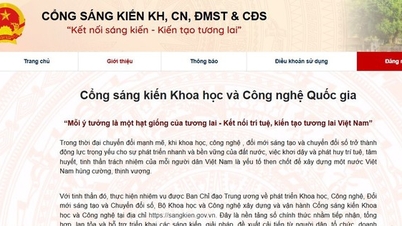





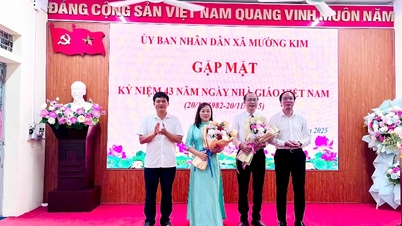

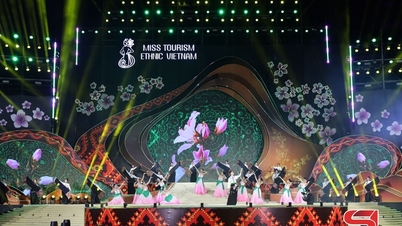












Comment (0)